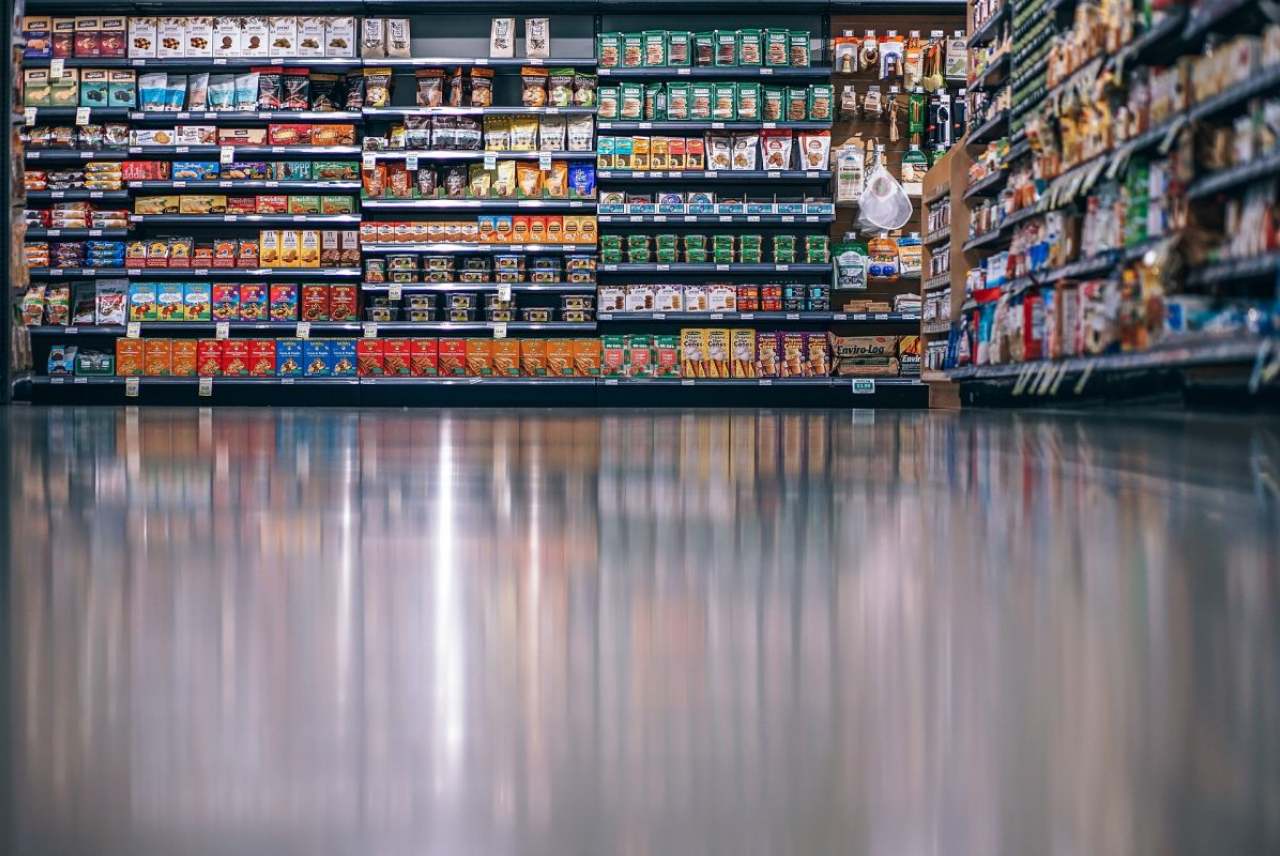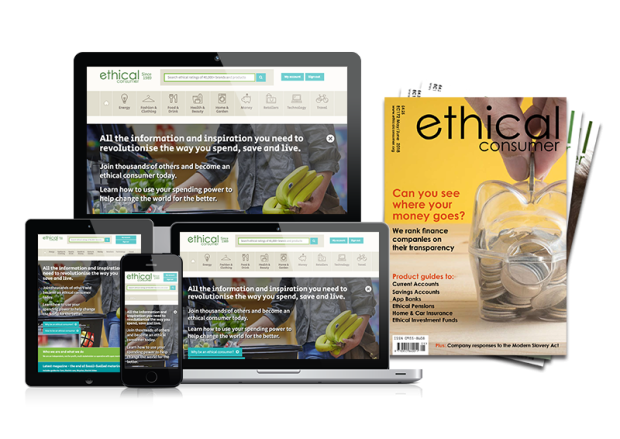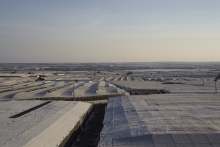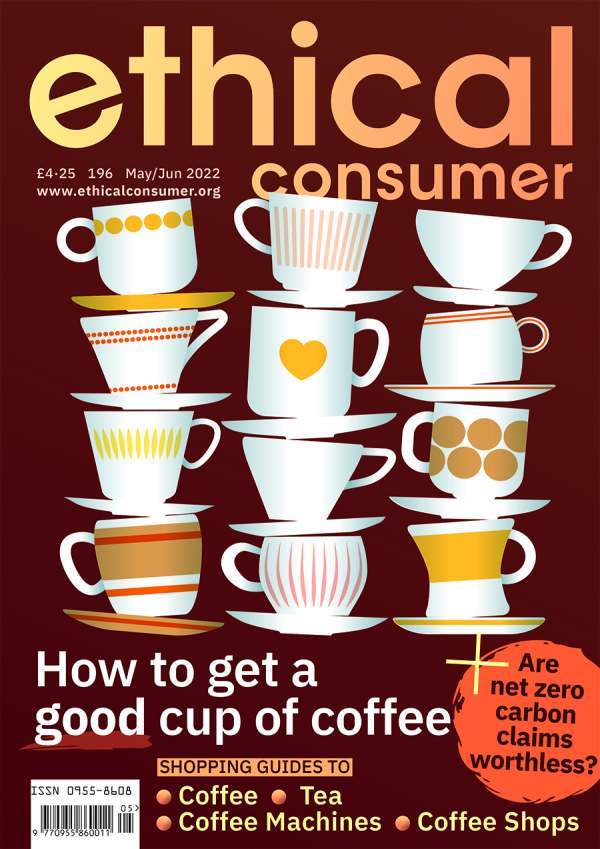Over 90% of our groceries come from supermarkets (read our Supermarkets shopping guide) and 70% of those purchases are from the top four retailers: Tesco, Asda, Sainsbury’s and Morrisons. With so much power held in so few hands, there is little choice, change or transparency.
Unfair markets
Occasionally, the back story of our food retailers spills into public consciousness.
The multi-million-pound industry repeatedly hits the headlines for paying ‘poverty wages’ which do not cover the basic cost of living. Research published in 2015 showed that the four big supermarkets were costing the public just under £1 billion a year in tax credits and other benefits to top up inadequate wages.
It’s a similar story at the other end of the chain, with farmers picking up the costs of supermarket price wars. Sustain’s ‘Super Market Failure’ report found that, because of the lack of options for people to sell to, farmers have little or no potential to negotiate contracts.
Therefore, prices and terms are set by supermarkets. Their dominance has enabled supermarkets to cancel orders at the last minute, make deductions from invoices, or ask suppliers to pay unexplained fees. All of this puts a downward pressure on farm workers’ wages and conditions that have opened the doors to slavery.
But it’s not only the workers who lose out. Consumers suffer as the squeeze on suppliers prevents them from investing in better practices or products, potentially compromising food safety. For the most part, consumers remain ignorant of this.
Long supply chains keep us so removed from the source of our food supply that we have come to rely on labels to understand what we are buying. As the 2013 horsemeat scandal uncovered, supermarkets fail to tell us important information and often use fake farm names to conjure up a cosier back story.
Environmentally destructive
Greenpeace and The Environmental Investigation Agency’s recent survey found that 810,000 tonnes of plastic are put on the market each year by just ten supermarkets collectively. However, despite recent plastic awareness, little is being done to stem the flow. Five supermarkets have no policies to address plastic, including two of the biggest retailers – Tesco and Sainsbury’s. Iceland, on the other hand, aims to rid its own brands of plastic by 2023.
Supermarkets’ pristine looking groceries come at a cost; cosmetic perfection is prioritised over taste, nutrition and value. In the quest to meet these strict standards, farmers use more pesticide and fungicide than they otherwise would and 10-16% of farm produce is regularly wasted. In other words, 22,000-37,000 tonnes, which is enough to feed 150,000 to 250,000 people with five portions of fruit and veg a day for a whole year.
Unhealthy
The layout of supermarkets is carefully designed to influence our purchasing choices. Despite decades of campaigning, supermarkets have continued to nudge us into buying junk food by promoting it prominently around their stores, such as by tills. This constant bombardment of unhealthy food encourages us to buy and eat more than we otherwise would.
Better alternatives
Thankfully, alternative systems are cropping up which enable consumers to invest their weekly shopping expenditure in more ethical food and farming. There’s a long way to go before these become normalised for the majority, but these smaller enterprises are what we need to support if we want to see a better impact on people and planet in future.






